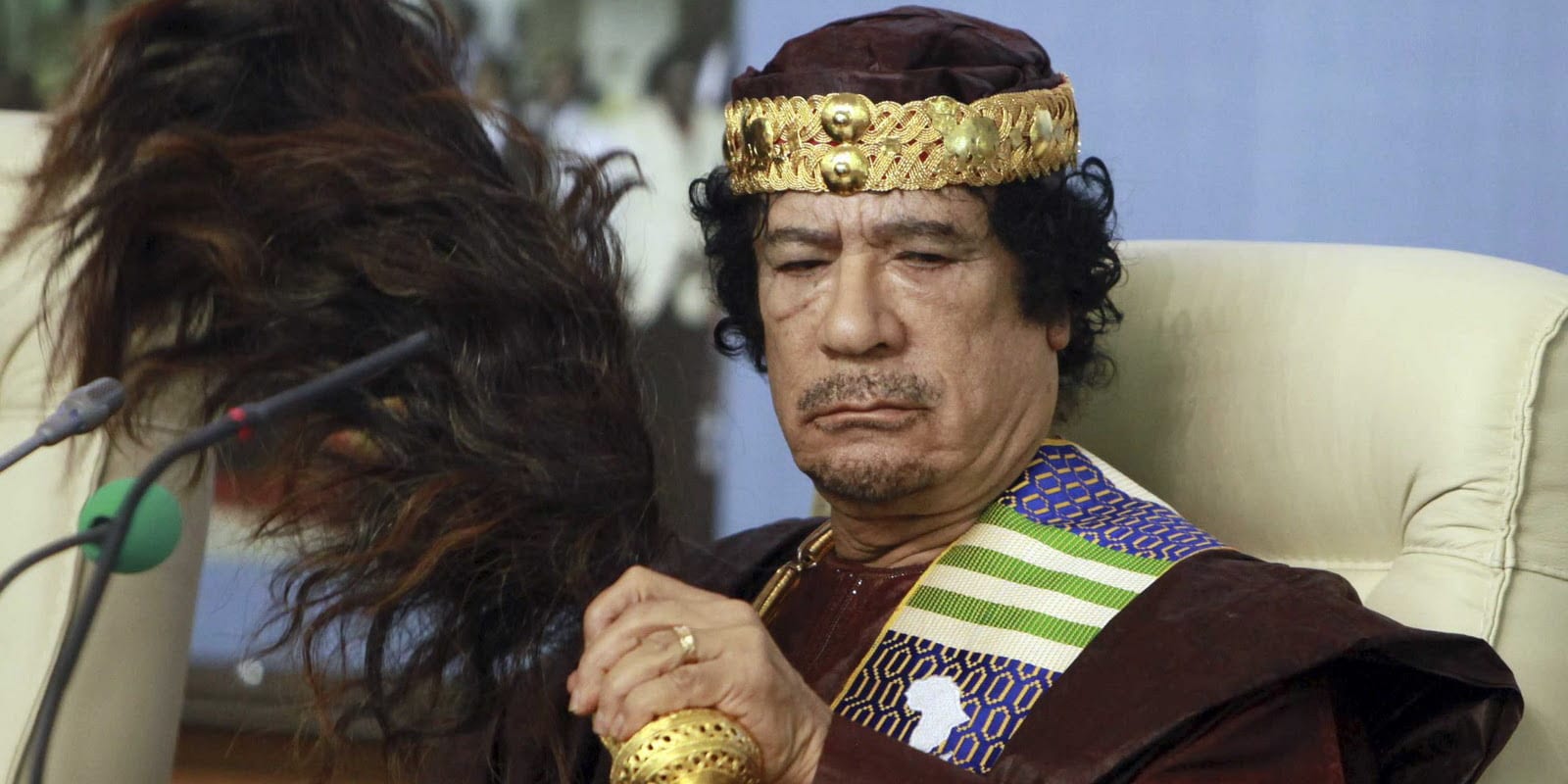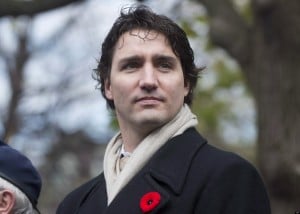Muammar Muhammad Abu Minyar al-Gaddafi was born in 1942/43 in Qasr Abu Hadi, Libya, into a relatively minor tribal group. As Nomadic Bedouin were illiterate, and birth registrations not compulsory, his exact birth date is not known. He became better known as Muammar Gaddafi or Colonel Gaddafi, after he took power as the effective dictator of a rather disparate country in 1969. Following the so-called “Arab Spring” of 2011, he was captured by the National Transitional Council, and executed
Just how rich was Muammar Gaddafi? Sources are still undecided as to the net worth of the dictator – estimates vary as being anywhere between $70 and 200 billion, which puts him in at least the top few richest persons in the world, accumulated from his position of power following the coup d’etat he lead in 1969. Evidence coming to light in the years since his demise indicates that Gaddafi’s personal wealth was distributed in bank accounts around the world, similarly with his investments. If the higher estimate of Gaddafi’s wealth is accurate, then he was as rich as the combined assets of Carlos Slim, Bill Gates and Warren Buffett, the three genuinely wealthiest persons in the world.
Muammar Gaddafi Net Worth $>70 Billion
Muammar Gaddafi’s father was a simple goat and camel herder. Growing-up in Bedouin culture, Gaddafi always felt more comfortable in the desert than the city, but his family regarded education as essential, and although his early education was religious in nature, inculcated by an Islamic teacher, Muammar then attended high school in Sirte, in the Cyrenaica area of Libya, during which period in the 50s and 60s he was particularly influenced by the anti-colonial policies and success of Nasser in neighbouring Egypt. He studied briefly at the University of Benghazi, but in spite of having been part of anti-monarchy demonstrations – although having stayed clear of banned political parties – he left to join the military in 1963, as those from poor families had few opportunities for advancement or to gain influence.
Gaddafi graduated in 1965, despite suspicions of anti-monarchist activities, and was sent on course to the UK, learning English as well as undertaking courses in communications. Back in Libya, he continued to build-up anti-monarchist and Israeli groups, and in 1969, during the absence overseas of King Idriss, he and other officers instituted what turned out to be a relatively bloodless coup, and assumed power under the auspices of the Revolutionary Command Council.
Over the next 42 years, Gaddafi ruled the country with an increasingly autocratic, not to say dictatorial style, according to his own ideologies which were founded on Arab nationalism and Arab socialism. His actions were certainly influenced by Nasserism, in particular the physical rejection of the remnants of Italian colonialism, and adoption of sharia law in conjunction with socialism. Muammar Gaddafi described himself as a “simple revolutionary” and “pious Muslim” whose purpose was to continue Nasser’s work. Other people have described him as loyal, generous and courageous. His father said that Muammar had always been “serious, even taciturn” and family oriented.
The nationalisation of the oil industry was inevitable, as happened over the next few years, and this was also the beginning of the rise in Muammar Gaddafi’s net worth, as in his position of power there were consistent opportunities for him to syphon-off the profits, and improve his own net worth. However, alongside a failure to replace traditional tribal leaders with a more pan-Libyan administration, education, health and social services were promoted. In foreign affairs, Gaddafi was consistently anti-Israeli, and therefore relations with NATO were inevitably strained, culminating in his support for terrorism against western countries, including the Lockerbie aircraft sabotage in 1993, but he also attempted to influence several other Arab, African and/or Muslim states in adopting pan-Arabism and Muslim law, as well as an anti-western posture, with varying results.
Gaddafi’s attitude changed over the years, as he toned-down his anti-western rhetoric, and attempted to establish more cordial relations to benefit Libya with wider trade prospects, also increasing his personal fortune. The latter included a myriad of share purchases and real estate acquisitions, such that his net worth rose exponentially with easing relations among European countries especially.
In his personal life, Gaddafi married Fatiha al-Nuri in 1969, but after having a son, they divorced the following year. He subsequently married Safia el-Brasai, and they had seven children plus adopting two more. The rich leader had wardrobes of clothing, and apparently used to change his outfit several times a day, seeing himself as a fashion icon. On the other hand, other sources show reports about his sexual advances towards reporters and other women of his entourage. There were more unsubstantiated accusations of alleged rape and imprisonment of thousands of women.
Muammar Gaddafi was a controversial and divisive figure. Muammar’s supporters stress that he was successful in combating homelessness and ensuring access to food and safe drinking water for everyone. Having a net worth of up to 200 billion dollars, Muammar Gaddafi was able to give $30,000 to each of Libya’s 6.6 million citizens.
Regardless of his legacy, there is no doubt that Gaddafi was an important influence over the Mediterranean region for more than 40 years, and a very rich one too.








Leave a Comment